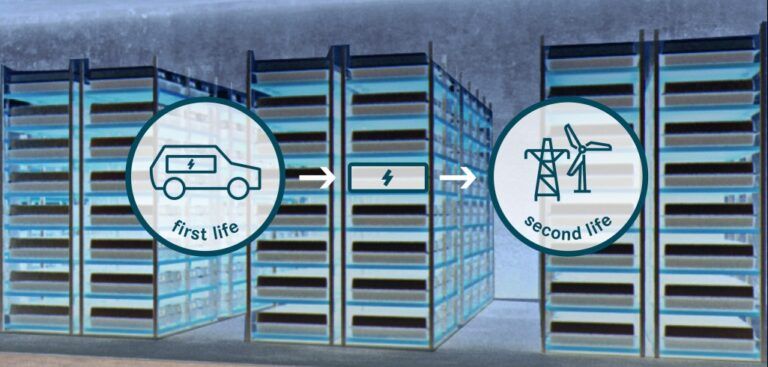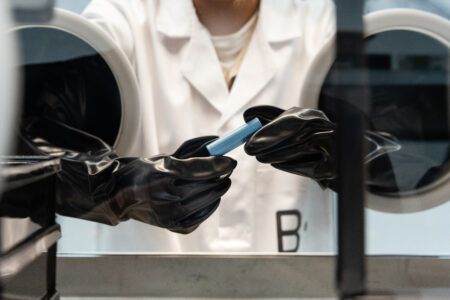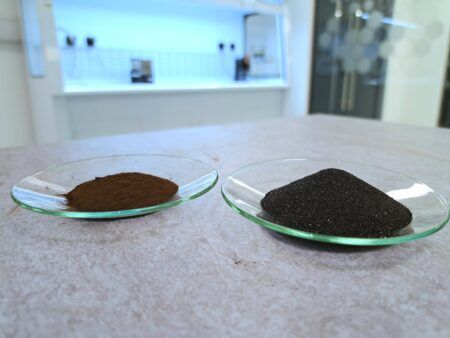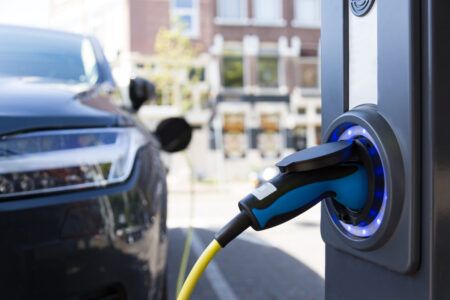In an initiative to help support the Chinese power grid, Mercedes-Benz Energy has partnered with Beijing Electric Vehicle to create an energy storage system that uses old electric car batteries.
With China being one of the world’s largest electric vehicle producers, Daimler AG’s subsidiary Mercedes-Benz Energy has partnered with one of the country’s biggest manufacturers, Beijing Electric Vehicle, which has over 420,000 BEVs on the market.
Thanks to BJEV’s large pool of batteries for second-life applications, the two companies intend to set up and test the first second-life energy storage system for a sustainable renewable energy development.
With extensive tests and simulations, the Mercedes-Benz Energy engineers will demonstrate in the coming months how electric automotive storage units will in future also be able to support the Chinese power grid efficiently and sustainably with regard to fluctuation and power outage management.
“The extension of regenerative and thus high-fluctuation energy production is rapidly increasing worldwide. The tendency towards increasing distances between the site of energy production and the site of energy consumption also means huge challenges for today’s energy grids. This is creating wide-ranging opportunities for stationary energy storage systems worldwide. 2nd-life battery storage units are a very sensible supplement, as with the further utilisation of disused car batteries we are also making sustainable use of valuable raw materials,” said Gordon Gassmann, CEO of Mercedes-Benz Energy.
While Daimler has already put three mass storage devices with a total energy of 40MWh from car battery systems into the German grid, in 2016, BAIC established Beijing Articore Battery to perform research into the utilization of second-life batteries.
Together, its automotive battery storage system can take over tasks from large power stations and make a fundamental contribution towards grid stabilisation and system reconstruction following a power station outage.





